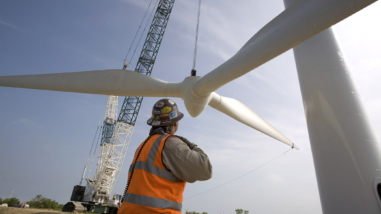Institute for Fisheries Resources
For General Operating Support
-
Amount$1,000
-
Program
-
Date Awarded10/2/2023
-
Term21.0 Months
-
Type of SupportGeneral Support/Organization
Strategies
About the Grantee
Grantee Website
www.ifrfish.org



